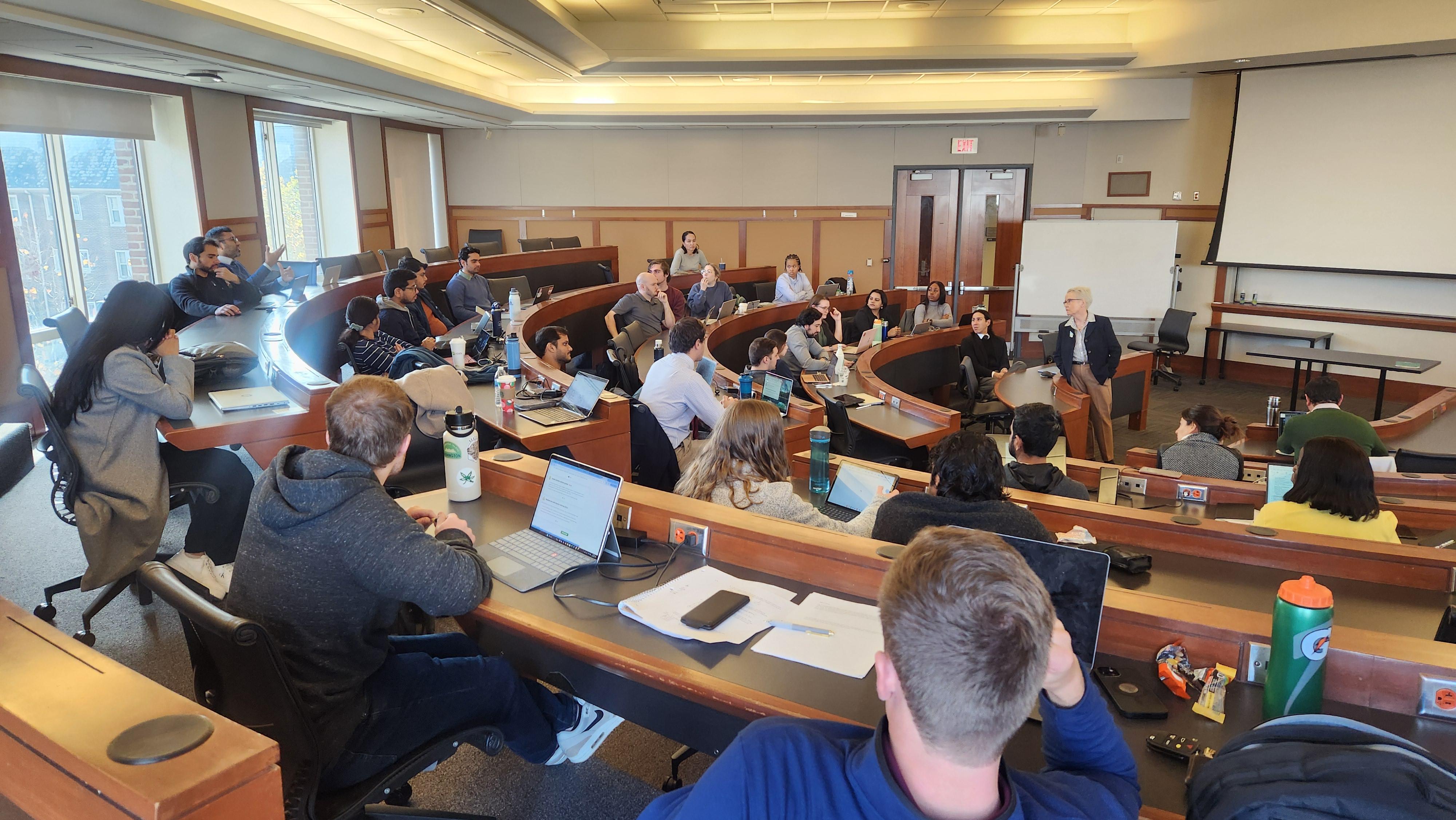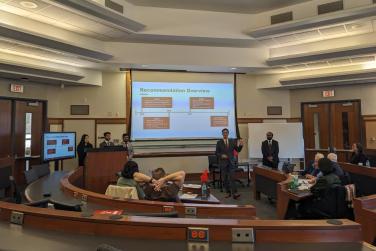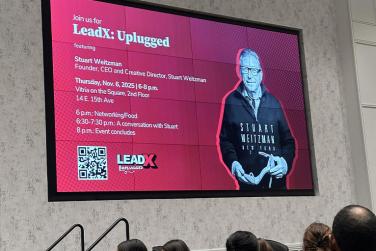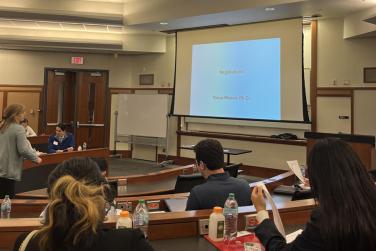
Integrating Knowledge and Skills to solve Industrial Challenges
How do we tie it all together? As a Fisher MBA student, I began my journey alongside experienced and accomplished classmates from all walks of life. Our cohort includes PhDs in engineering, successful entrepreneurs, and emerging leaders from a variety of industries across the world. This dynamic learning environment tests our abilities to devise impactful solutions for both traditional and newly emerging business challenges. To sharpen our skills and develop the problem-solving mindset, our curriculum is supported with integration sessions drawing insights from various disciplines.
Let’s understand this journey by asking a few pertinent questions:
Does marketing intersect with accounting? Does accounting in turn impact operations? Is there an overlap between game-theory and organizational behavior? What stories does data tell about operational inefficiencies within for-profit and non-profit sectors?
In a venn diagram, our answers to such questions would fall in the center of the overlapping region of multiple subjects and domain expertise. We map these regions in our integration sessions here at Fisher with some of the most learned faculty and industry leaders in the country. Few of my first-semester integrations include:
-
Connecting Operations with Accounting
In one of these sessions, we used quantitative analysis to classify inefficiencies in the operations of a foodbank we visited and propose changes that will have the most impact on the value they generate for the community. The solution was able to reduce the food handling, wastages, and services costs by at least a 20% and increased the foodbank’s capacity to handle more food-items by approximately 40%; both positively impacting the bottom-line and resource availability to scale operations.
-
Merging Marketing with Finance
One of our sessions focused on a major player facilitating global financial transactions and its strategic market penetration through consumer-centric campaigns to build a trusted global brand. Over the years, the firm has consistently relied on its marketing communications to create the demand for and lead in the fintech space. We analyzed the firm’s marketing strategies during periods of significant growth in the intensely competitive global payments industry. The exercise enhanced our understanding of international markets, fin-tech, and innovation in businesses.
-
Correlating Game-Theory with Organizational Behavior
A simulation to understand and apply game-theory to find nash-equilibria in multiple short, medium, and long-term games, emphasized the importance of consistency and strategic adaptation for value-maximization. The principles were evaluated to determine best choices not only in competitive market scenarios but also in organizational structures, and divisional and team dynamics. It highlighted the strategic interplay of incentives among different divisions or team members and the value of leading from the behind to improve organizational productivity.
Curiosity-Driven Exploration
Interdisciplinary perspectives allow me to decode the algorithms running deep under the current business landscapes, put logic to historical trends within different markets, and make informed projections about the future turn of events. This exploration, grounded in both theoretical and practical learning, has been central to my experience at Fisher.
As I progress, I continually draw connections across different functions, industries, and domains. The holistic approach empowers me to be a versatile and forward-thinking leader, ready to contribute meaningfully to my chosen field as I re-enter the professional world with my upcoming summer internship.







